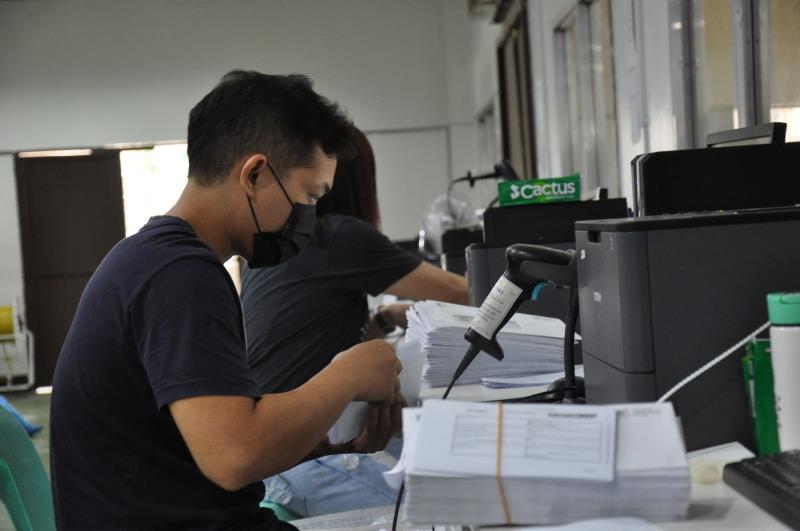
CORRUPTED and low-quality biometrics data could hamper the full rollout of the digital version of the Philippine Identification System Cards (PhilSys ID) this year, the Department of Information and Communications Technology (DICT) said.
In a press briefing in Malacañang on Wednesday, DICT Secretary Ivan John E. said they have identified issues in some of the biometrics data collected by the Philippine Statistics Authority (PSA), which he attributed to “poor data collection.”
He said some service providers of PSA appeared to have used webcams with low resolution, resulting in poor-quality images.
“If those [images] in our database will be linked with our system requiring biometrics, it will not work since the biometric system will look for [facial] features, which were not captured on camera,” Uy explained.
In such cases, the affected Philsys registrant must “revalidate” their biometrics data before they can get their digital IDs, which can be accessed via the eGov Super App.
Uy said they plan to notify those who need to undergo the process by SMS.
DICT is also studying the possibility of providing a feature in the eGov Super App to allow PhilSys registrants to choose a better picture for their digital IDs.
It is now fast-tracking the deployment of the digital IDs, upon instructions of President Ferdinand R. Marcos Jr.
“The President has expressed his impatience because a lot of things needed to be done and it’s all dependent on the deployment of a national ID,” he added.
DICT plans to roll out all of the digital IDs for the 80 million people who enrolled under the PhilSys, before the end of the year.
It said PSA will still be printing and distributing physical copies of the PhilSys ID.
Once fully implemented, Uy said the digital IDs will help “plug” gaps in the implementation of government programs, including social amelioration packages.
“The government loses money from fake claimants, for those who will make double or triple claims using multiple identities,” Uy said.
